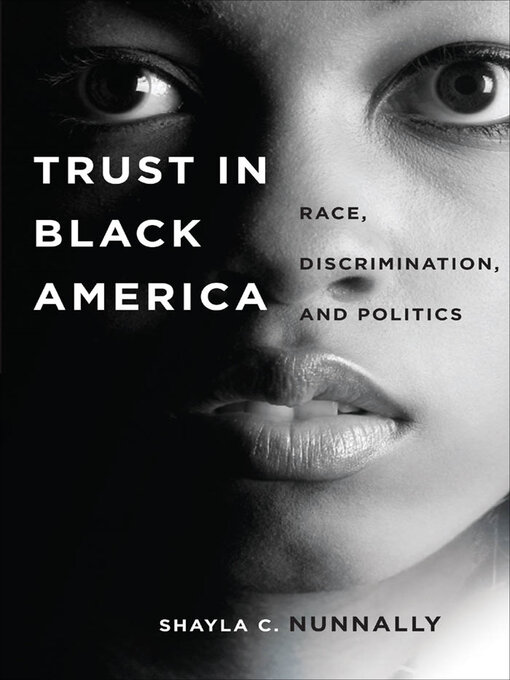The more citizens trust their government, the better democracy functions. However, African Americans have long suffered from the lack of equal protection by their government, and the racial discrimination they have faced breaks down their trust in democracy. Rather than promoting democracy, the United States government has, from its inception, racially discriminated against African American citizens and other racial groups, denying them equal access to citizenship and to protection of the law. Civil rights violations by ordinary citizens have also tainted social relationships between racial groups—social relationships that should be meaningful for enhancing relations between citizens and the government at large. Thus, trust and democracy do not function in American politics the way they should, in part because trust is not color blind.
Based on the premise that racial discrimination breaks down trust in a democracy, Trust in Black America examines the effect of race on African Americans' lives. Shayla Nunnally analyzes public opinion data from two national surveys to provide an updated and contemporary analysis of African Americans' political socialization, and to explore how African Americans learn about race. She argues that the uncertainty, risk, and unfairness of institutionalized racial discrimination has led African Americans to have a fundamentally different understanding of American race relations, so much so that distrust has been the basis for which race relations have been understood by African Americans. Nunnally empirically demonstrates that race and racial discrimination have broken down trust in American democracy.
- English
- Español
- 中文(简体)

